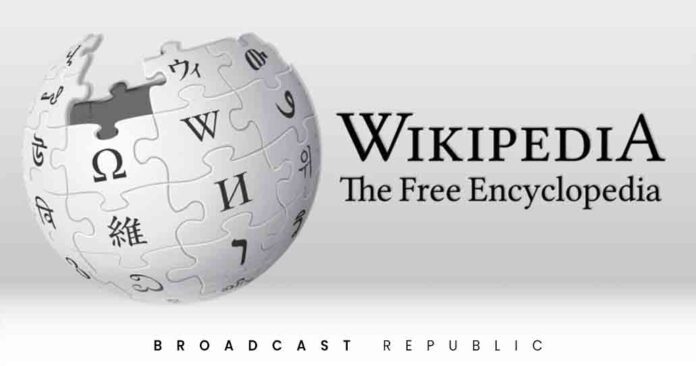By issuing a notice under the appropriate law and court order(s), Wikipedia was approached for the said content to be stopped/ removed. However, a chance was given to appear before the Authority but didn’t. Further, Wikipedia did not obey the Authority by removing/stopping the sacrilegious content.
As the dispute spreads, in Pakistan internet users including social media users are suspicious of this decision and what it could imply for the future of online freedom.
Noman Ahmed, CEO of SI Global Solutions said that “Wikipedia is incredibly essential and is a massive repository of information and knowledge. It is widely used across the globe as a reliable source of information backed by references and relevant bibliography.”
Noman further added, “The PTA has a history of banning websites when blasphemous content is published, as is evident from the prolonged banning of YouTube and the frequent banning and monitoring of TikTok.”
Ahmad explained that “Alternatively, restrictions may be placed on these websites and warnings may be issued to deal with such issues tactfully. Wikipedia is paramount in the functioning of society and it is not favorable to ban such an important tool. Hence, the government and its cyber-security department should focus on banning access to links containing blasphemous content instead of banning the website in its entirety.”
In Pakistan, Wikipedia services will revive, only if the reviewed content is removed/ blocked. According to local laws, PTA is devoted to providing Pakistani citizens with secure online knowledge.

